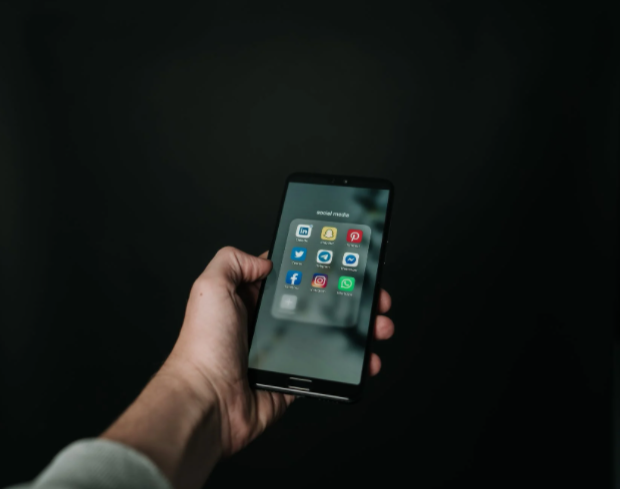
Google's monthly updates are done in order to help keep Android safe from any malicious attacks. So long as you are careful when you are downloading apps outside the Play Store, keeping your device secure is very easy, even as new attackers try to distribute dangerous viruses.
Spyware takes new form
Just this week, mobile security researchers have discovered spyware that pretends to be a system update that could take total control of the phone after it is installed.
The spyware was first discovered by security firm Zimperium. The said malware is surprisingly sophisticated. After it is installed through a bundled app outside of the Play Store, it masks itself using the same notification as a verified update from Google.
As soon as it is active, nothing is safe from it.
The spyware can view and upload messages, user contacts, bookmarks, and search history. It can track locations, capture photos using the camera, record both phone calls and external audio, and even steal copied content from the phone's clipboard.
It is important to note that the app that included the spyware was never available in the Play Store, so most Android users do not have to worry about losing control of their phones. It is possible that it was a targeted attack, considering how thoroughly the malware scans a particular device.
Even so, it is an excellent reminder to keep your phone up to date and secure with verified patches from Google and to only download external APKs that you trust, like APK Mirror.
Protecting smartphones from spyware
This is a warning sign if you usually get odd or unusual social media messages, emails, or text messages. You should delete those unusual messages without clicking on any links or downloading any files.
These messages will attempt to lure users into clicking a link or executing software that hosts a spyware payload to catch a victim unaware.
So, what should you do?
You can do a malware scan. There is a variety of antivirus solutions available on both smartphones and computers, which may be able to detect and remove basic forms of spyware, malware, and other computer or mobile viruses.
Although it is the easiest solution, it does not prove effective in every case.
You can also change all of your passwords. Many central accounts, like email addresses, act as a hub for other accounts and password recovery, so it is best to keep it safe, as per ZDNet.
Enable two-factor authentication or 2FA, in which account activity and logins need further consent from a mobile device. It can also help protect individual accounts. Also, consider creating a new email address.
You also need to update your OS. When an operating system releases a new version, which often comes with security patches and upgrades, it can cause conflict and problems with spyware. So, it is best to keep it updated.
Also, protect your smartphone device physically. Use a pattern, a PIN code, or enable biometrics that can protect your mobile device from future tampering. This will be added protection to your smartphone.
Related Article: Goontact Spyware Targets Android and iOS Users in Japan, Korea, and Chinese-Speaking Countries
This article is owned by Tech Times
Written by Sieeka Khan
ⓒ 2026 TECHTIMES.com All rights reserved. Do not reproduce without permission.




